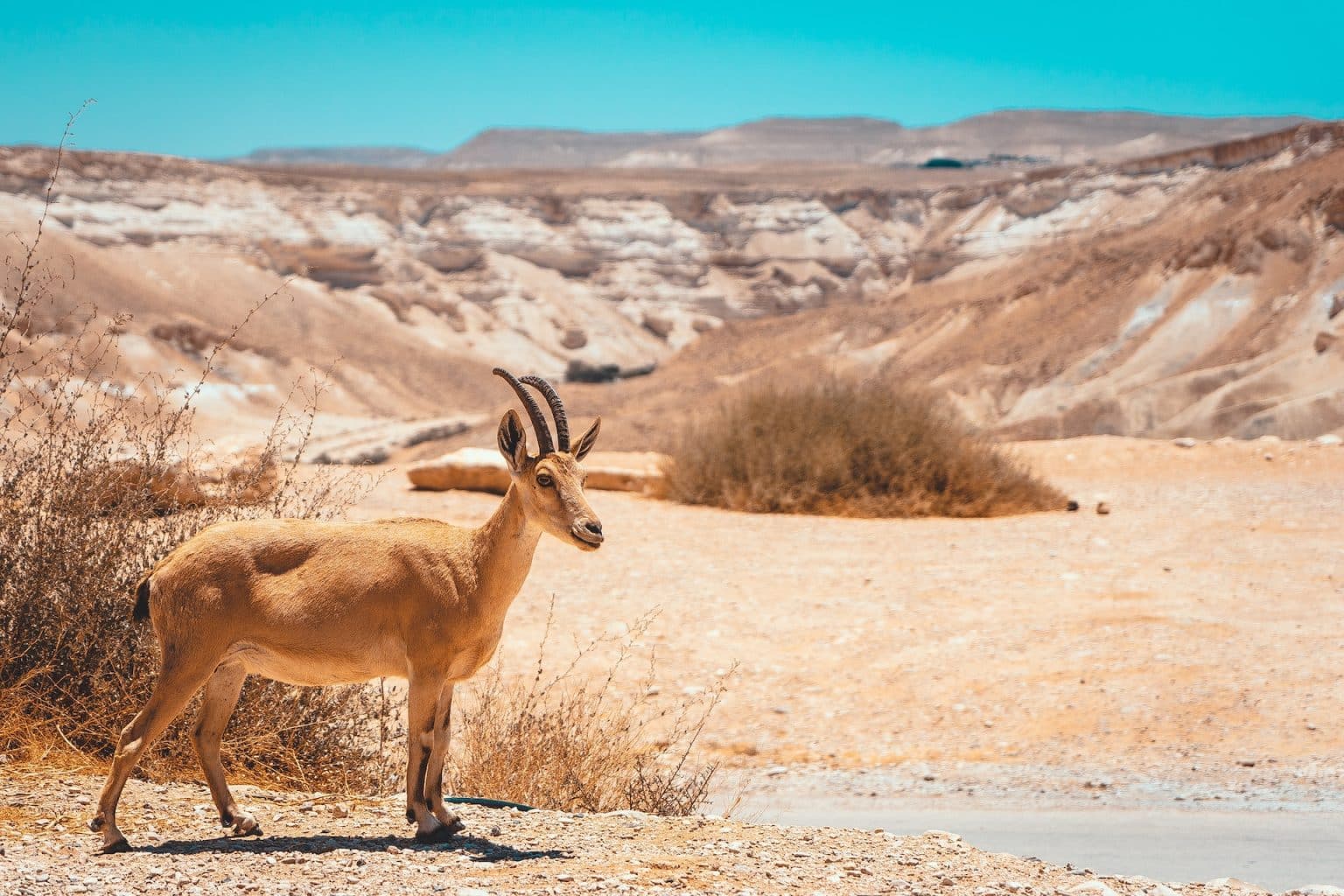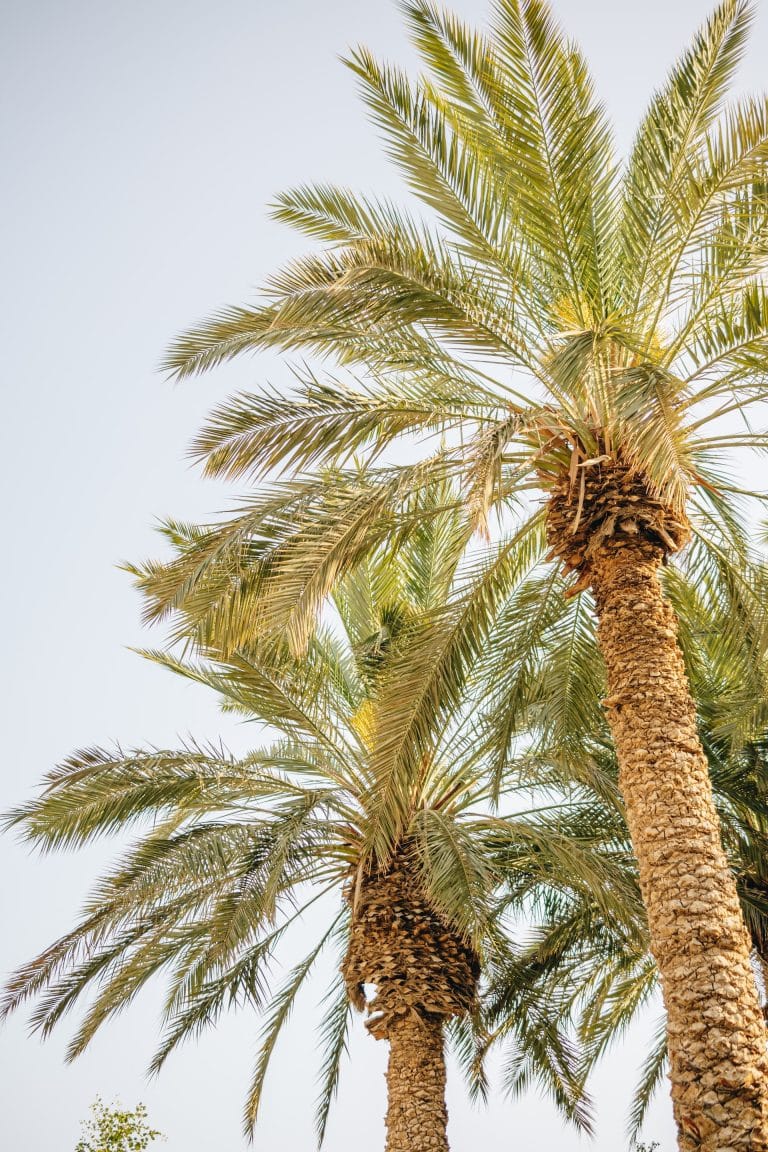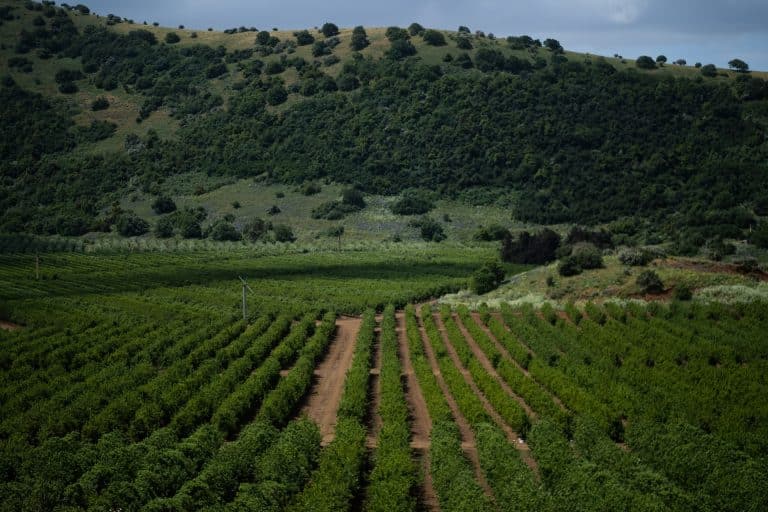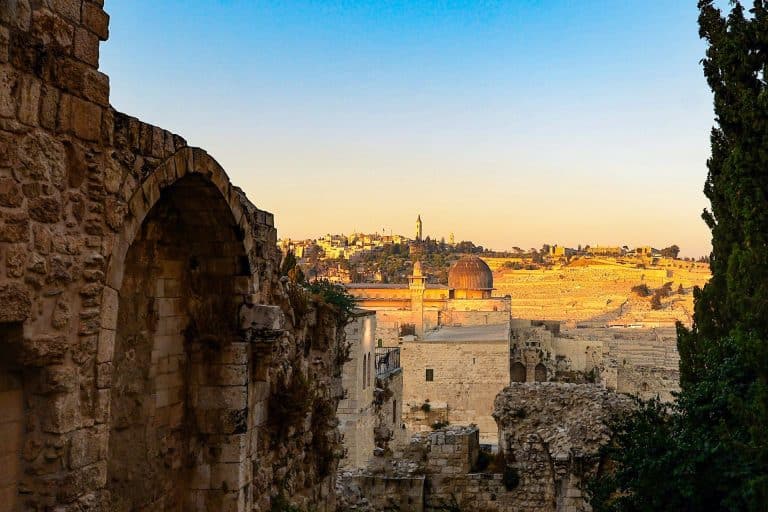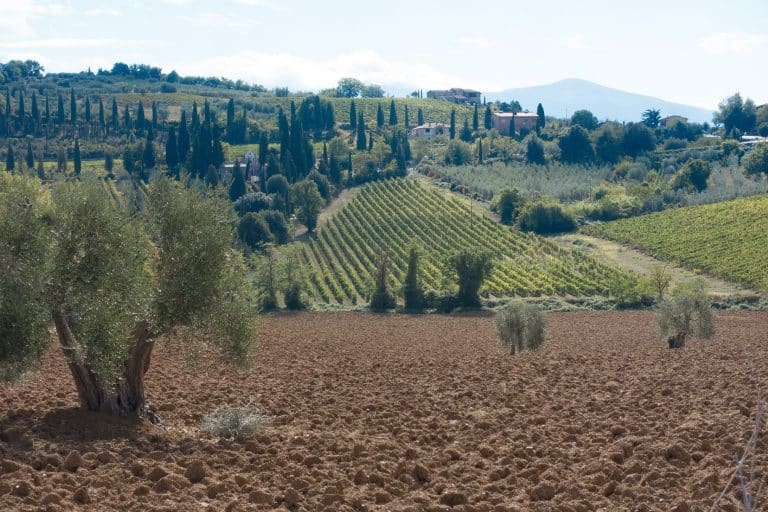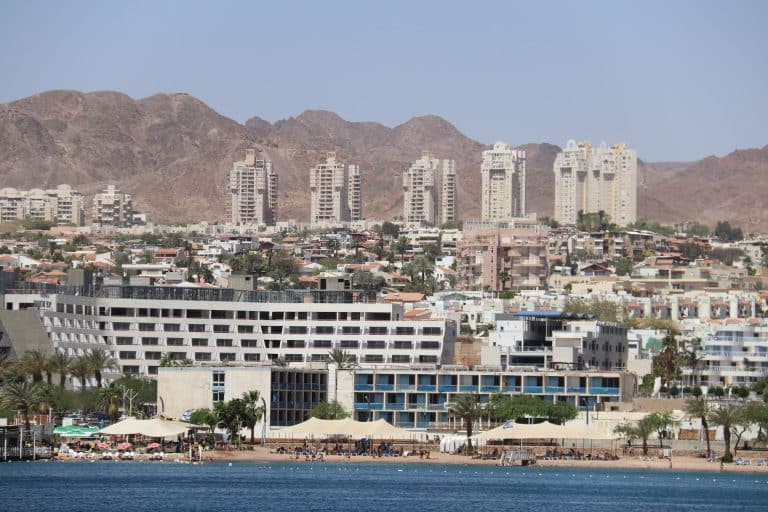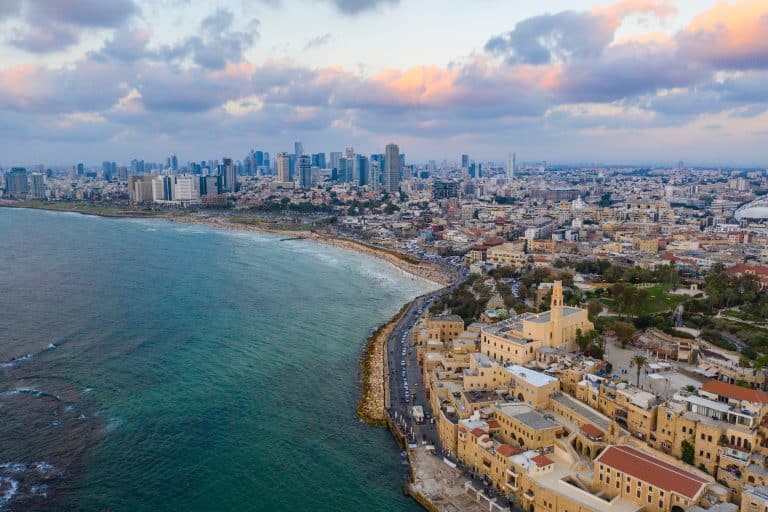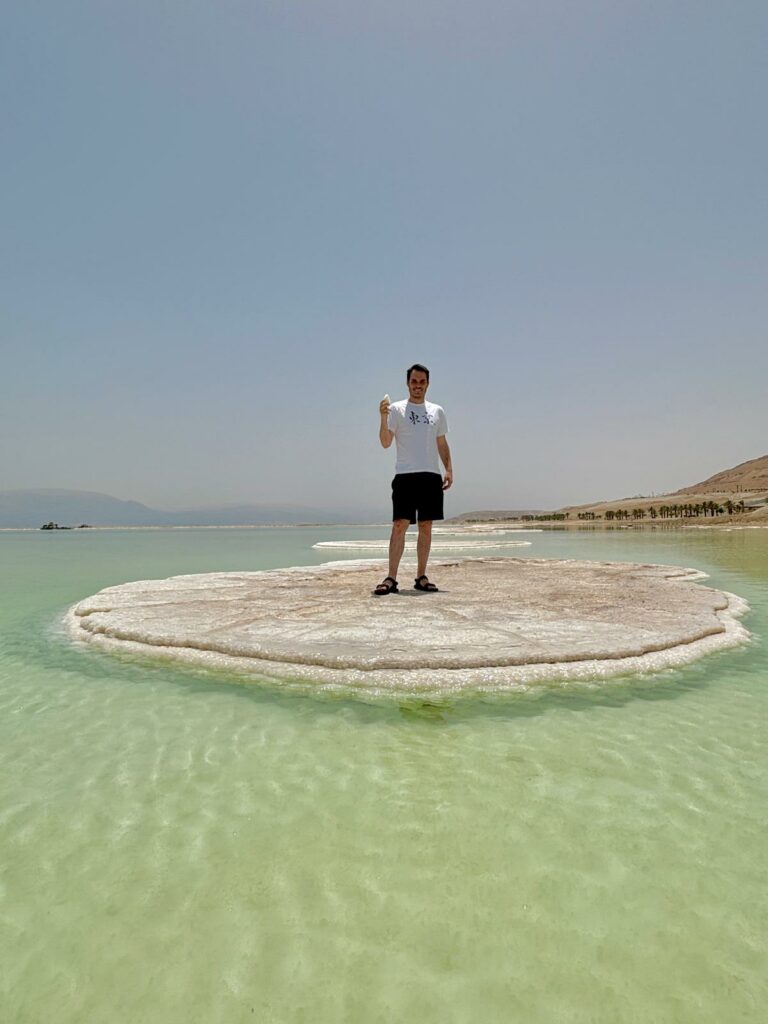An Israel trip at different times of the year can be a completely different experience, for a multitude of reasons. Between the various holidays and festivals that you can find here, which will provide you with unique cultural experiences, the landscapes that change with the seasons, and of course, the weather, several different factors will have a major impact on your visit to the holy land. Here is our ultimate guide for the best time to visit Israel, with the important things to know about a trip to Israel in every different season.
Winter: escape the cold
As a warm Middle-Eastern country, the Israeli winters are much more moderate and warm than the European ones. For that reason, visiting Israel in winter is a great opportunity to escape the cold and stay in a relatively warm destination during your holiday.
During the winter, you can expect about 10 rainy days per month in most parts of the country, with major snowfall only occurring in Mount Hermon. Other than that, winter is a great time to go out to nature, as most of the fields and the mountains in the country turn green. It’s also the ideal time to go south to the desert, where you can enjoy the ideal hiking conditions in beautiful sites like the Dead Sea or Ramon Crater.
If you are looking for beach time, then Eilat, the resort city by the Red Sea, is also a terrific winter destination, with almost no rain, and hot weather all year round.
In terms of holidays, the only major winter Jewish holiday is Hanukkah, known as the Festival of Light. Every day during the eight days of Hanukkah, which usually takes place in December, people gather around and light candles together. Hanukkah also has two popular traditional dishes: Sufganiot and Levivot. Unlike other Jewish holidays, Hanukkah doesn’t have any restrictions, as it doesn’t include any extra days off.
Spring: best time to visit Israel for nature lovers
The extremely short Israeli spring, which usually takes place between March and April, is the time when the nature of Israel is at its best. With an incredible abundance of flowers throughout the country, especially in the Galilee and the Western Negev, it’s an amazing time to go out for hikes and enjoy the great spring weather in all parts of Israel.
The Spring also brings upon one of the most important Jewish holidays, in Passover. During this unique holiday, there are several interesting traditions that you can see, with the most unique one being the Passover Seder, a big family gathering where people tell the ancient story of the liberation of the Israelites from slavery in Egypt. If you get a chance to attend a Seder, it can truly be an epic cultural experience.
It’s important to know that Passover brings upon some restrictions, as during this time, most of the country is on holiday for about a week, which makes most touristic and natural sites in Israel much busier than usual. In addition, Passover includes two public holidays: one at the beginning and one at the end of Passover. In those days, there is no public transportation in Israel, and most businesses are closed.
So, while spring may seem like the best time to visit Israel, it still has some downsides that are important to plan for in advance.
Summer in Israel: best for beach time
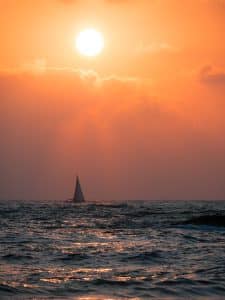
The long Israeli summer, which usually runs from the end of April to Mid-October, is known for very hot and humid weather, especially around the coastline. This time of the year is less than ideal for nature lovers, as the desert is too hot to hike in, and the north is drier and much less impressive compared to the winter and spring.
However, the summer is ideal for the famed beaches of Israel. If you come here during the summer months, consider the beautiful and diverse beaches of the country as a must-visit, as they feature a cool summer breeze, an amazing vibe, and countless activities.
Whether you’re looking to dive in Eilat’s reef, surf on the beaches of Tel Aviv and Netanya, or just relax in the magnificent Dead Sea, just remember that you are never far from the sea in Israel and that each beach will surprise you with its own cool atmosphere, beautiful views, and epic sunsets.
The summer months are also great for indoor activities in the big cities of Israel, as each of Tel Aviv, Haifa, and Jerusalem will provide you with great museums, religious sites, and cultural experiences. In each of them, you can find great air-conditioned sites and cafes to spend the hot hours of the day in, as well as great places, to walk around in the more pleasant mornings and evenings.
Autumn: best time to visit Israel for holidays and festivals
The Israeli autumn is another great time to visit, as at this time of the year, the weather gets drier and less warm, and the nature starts to come alive. This is another great time to go out to nature, and especially to the north as the autumn brings upon beautiful foliage colors in the Golan Heights, and is a beautiful transition period, in which the fields turn green after the dry summer months.
Autumn is known in Israel as the official time of the holidays and festivals. It includes several of the major Jewish holidays, in Rosh Hashana, Yom Kippur, and Sukkot. Visiting Israel during each one of them is a fascinating cultural experience, but it’s also important to know that each of the holidays brings upon some restrictions on specific days. Out of them, the most unique (but also restricted) day is Yom Kippur, in which it’s basically not possible to drive in Israel for 24 hours.
When it comes to festivals, October and November are the months when most festivals take place in Israel. Those include several popular multi-day music festivals, mostly in the desert, as well as the popular Haifa International Film Festival, which takes place in Sukkot.

